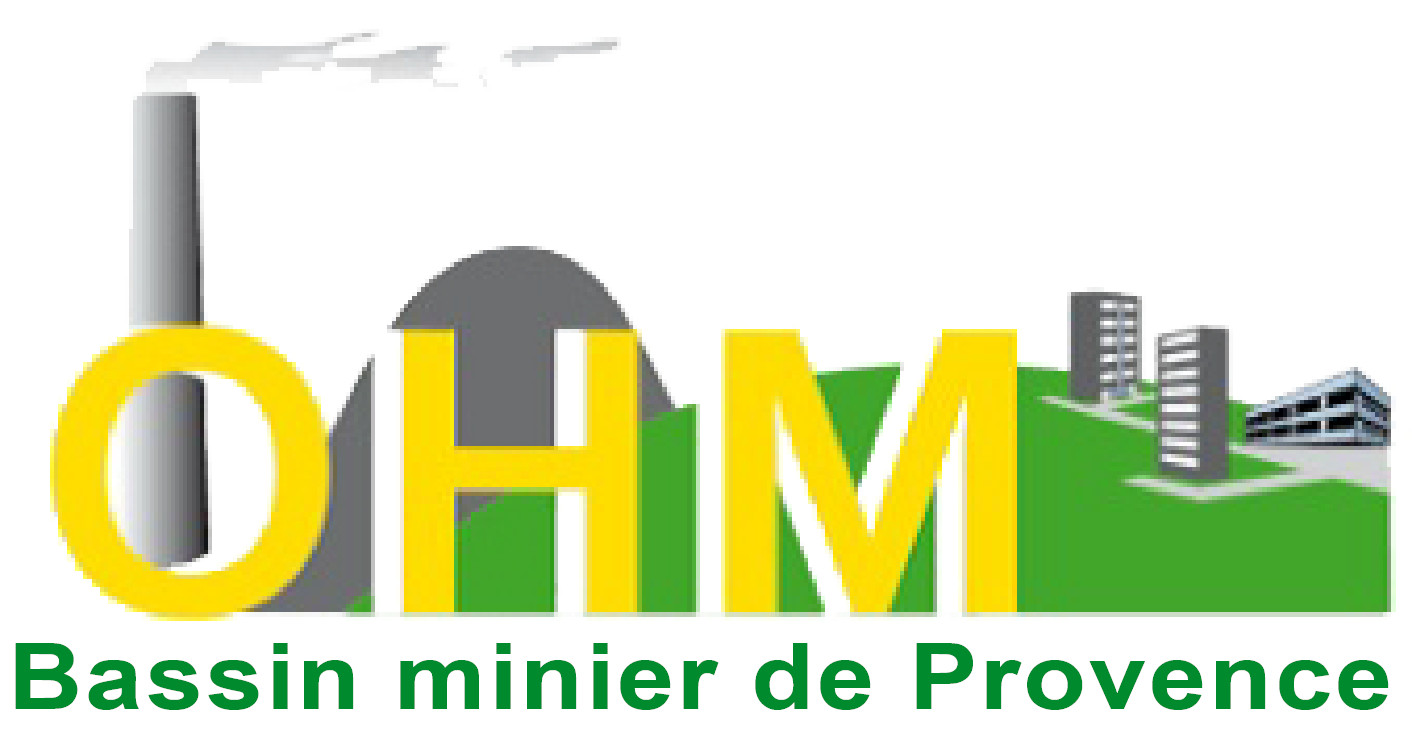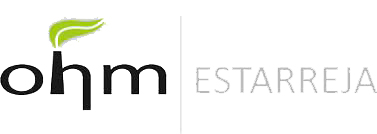

Laureate of the Laboratory for Excellence project (LabEx) in the program « Investment in the future », the DRIIHM LabEx, InterDisciplinary Research Facility on Human-Environment Interactions, aggregate 131 human-environments observatories (OHM in french), tools for observing socio-ecosystems impacted by anthropic events. Created by CNRS-INEE in 2007, they are located in metropolitan France (6: Bassin Minier de Provence (provence Coalfield), Pyrénées-haut Vicdessos, Vallée du Rhône (Rhone valley), Littoral Méditerranéen (French mediterranean coastal zone), Pays de Bitche (Bitche County) and Fessenheim), overseas France (2: Oyapock (French Guyana), Littoral caraïbe (Caribbean Coast)) and abroad (5: Estarreja (Portugal), Téssékéré (Sénégal), Nunavik (Canada), Pima County (USA), Patagonia-Bahia Exploradores (Chile)).
DRIIHM brings together over 1,400 research staff, including 300 foreigners, from 200 research units in 87 french and foreign universities, 46 research organizations and "Grandes Écoles". It has financed 960 research projects, supervised 190 doctorates, 110 post-doctorates and over 400 Master's degrees.
Le comité de direction du Labex DRIIHM s'est réuni le 28 février 2018 après-midi. Vous trouverez ci-dessous les résultats de leur évaluation des 16 projets postdoctoraux et 5 projets ROHM soumis.
Félicitations aux lauréats !
Résultats des projets post-doctoraux lauréats de l’APR 2018 du Labex DRIIHM
1 OHM Tessékéré - Physical Activity Transition and weight: Study of the epidemiological transition of the Peuls around the Great Green Wall
2 OHM Port Caraïbe - Vers un concept d’écologie portuaire : analyse sémantique de corpus bibliographiques selon le concept des phylomémies
3 OHM Pima County - La mobilisation des normes transnationales dans les conflits socioenvironnementaux: une comparaison sud nord des contestations dans les bassins miniers
Liste complémentaire
1 OHM Estarreja et Littoral Méditerranéen - HESTAFOS - Quels savoirs pour améliorer l'habitabilité des territoires soumis à des pollutions comme Fos-sur-Mer (France) et Estarreja (Portugal) ?
Résultats des projets ROHM lauréats de l’APR 2018 du Labex DRIIHM
OHM BMP et LittMed - Risque sanitaire posé par l’exposition des enfants en bas âge aux hydrocarbures aromatiques polycycliques via les poussières de sol. (Acronyme: CHIPPs pour CHIldren exposition to Particulate PAHs)
OHM Tessékéré et Estarreja - TesseRESPIRA – A comparative study of environmental risk factors for the progression of pulmonary diseases between Tessekéré (Senegal) and Estarreja (Portugal)phylomémies
OHM Vallée du Rhône et Estarreja - Anthropoécosystème et rôle de la matière organique sur la mobilité des polluants (AMO2)
OHM Estarreja et LittMed - ESFORISK : Réflexion collective sur les savoirs nécessaires à l'amélioration de l'habitabilité des territoires soumis à des cumuls de pollution (Fos-sur-Mer, France et Estarreja, Portugal)

The new call for projects Labex DRIIHM-IRDHEI 2018 has been launched.
The Human-Environment Observatories are devoted to the study of socio-ecosystems that have been affected by humans in ecological, economical and social respects and that are undergoing substantial transformations due to a major disruptive event. They are an ideal tool for observing, analysing, experimenting with and modelling current environmental questions and issues related to an identified geographical region.
Theirs objectives are to promote the interdisciplinary research by integrating issues associated with the biological sciences, geosciences and social sciences ; in this way develop global ecology studies and accumulate interoperable datas (documents, archives, publications, pictures, maps...) in shared databases.
This call is intended to encourage studies in the environmental sciences fields and specifically on priorities of OHM. These domains are listed below and can be treated in the framework of one or more OHM.
 Le programme et le formulaire d'inscription pour le prochain séminairede l'Observatoire Hommes-Milieux du Bassin Minier de Provence sont en ligne !
Le programme et le formulaire d'inscription pour le prochain séminairede l'Observatoire Hommes-Milieux du Bassin Minier de Provence sont en ligne !
Cette rencontre aura lieu le Mardi 10 Octobre 2017 à la Salle des Fêtes du Complexe des Terres Blanches à Bouc Bel Air (13320).
Vous pouvez consulter le programme de cette journée sur le site de l'OHM Bassin Minier de Provence, ICI, et vous inscrire au plus tôt via ce formulaire en ligne.
Nous vous attendons nombreux pour des échanges fructueux !

The link for the radio show – Click /Antena 1- where Elisabete Figueiredo talk about the project ‘A Fábrica e a Vida’ (from minute 7:30 onwards)
Les 3 projets lauréats d'un contrat de recherche post-doctoral d'un an du CNRS-Labex DRIIHM pour l'année 2017 sont :
Deux projets sont classés en liste complémentaire en cas de désistement des précédents :
![]() Le séminaire 2017 de l'Observatoire Hommes-Milieux "Pays de Bitche" se déroulera le vendredi 5 mai 2017 de 9h30 à 14h00, à la Communauté de communes de Bitche, 4 rue Général Stuhl, 57230 Bitche.
Le séminaire 2017 de l'Observatoire Hommes-Milieux "Pays de Bitche" se déroulera le vendredi 5 mai 2017 de 9h30 à 14h00, à la Communauté de communes de Bitche, 4 rue Général Stuhl, 57230 Bitche.
Programme de la matinée
8h30-9h | Accueil
9h-9h30 | Fabien HEIN, sociologue | Les relations hommes-milieux au Pays de Bitche.
9h30-10h | Simon DEVIN, écologue | La qualité des cours d’eau dans le Pays de Bitche : facteurs du passé et enjeux de restauration.
10h-10h30 | Xavier ROCHEL, géographe | Forêt et industrie dans le Pays de Bitche.
10h30 10h45 | Questions aux intervenants.
10h45-11h | Pause.
11h-11h30 | Déborah KESSLER, ethnologue | Mutations du monde agricole dans le Pays de Bitche.
11h30-12h | Vincent ROBIN, écologue | Dynamiques paysagères Holocène du Pays de Bitche.
12h00-12h30 | Pauline KURTZ, étudiante en géographie | Les interactions habitants-faune sauvage au Pays de Bitche.
12h30h-12h45 | Questions aux intervenants.
12h45-13h45 | Déjeuner
L'après-midi sera réservé au comité de pilotage de l'OHM.
Inscription
Nous vous remercions de bien vouloir vous inscrire via le lien suivant : http://doodle.com/poll/bkrcrfxmvra4by8mixezg47i/admin#table
Page 7 of 13